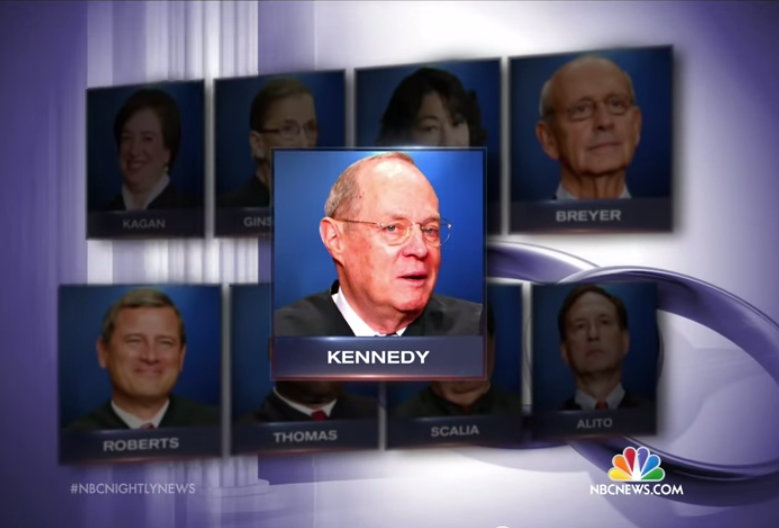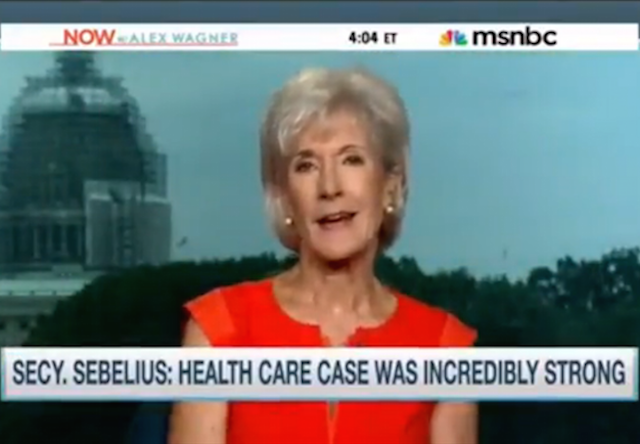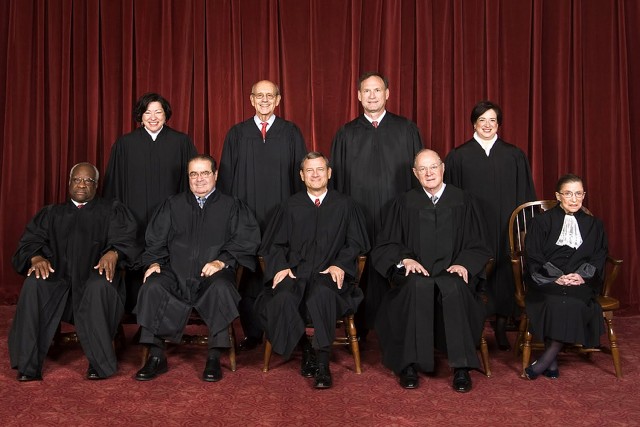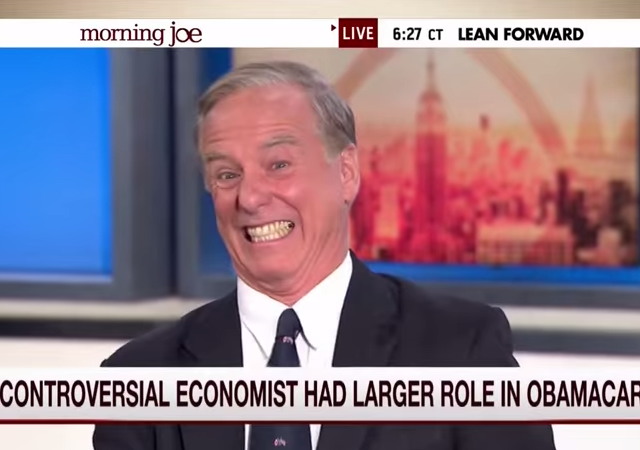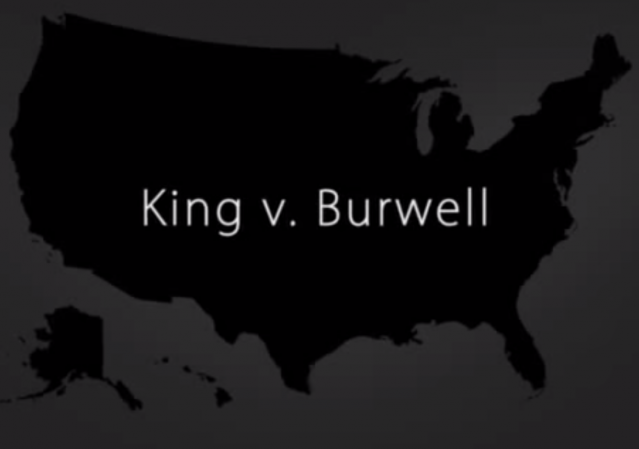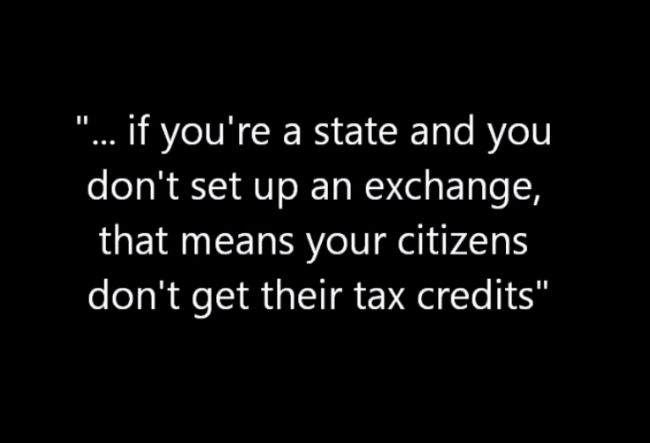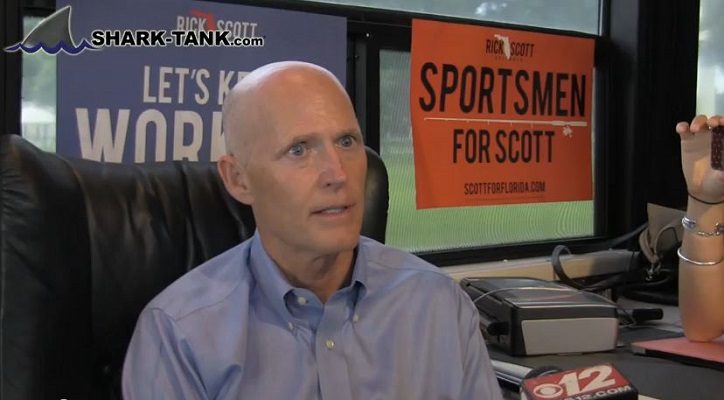Our Judicial Oligarchy
on June 28, 2015
26 Comments
In response to the U.S. Supreme Court’s same-sex marriage decision, much of social media instantly descended into a mob of gleefulness, unrestrained by reason or critical thinking. People were so ecstatic at the arrival of nationwide same-sex marriage that they could not realize what they were losing in the process.
Last Friday, the Supreme Court stole from them, and all of us, something fundamental: the right to govern ourselves.
The decision last week was not about whether gay marriage is a good or a bad idea. Reasonable people can disagree about that. The question was: who decides?
Do the people decide by debate and deliberation, through referendums, legislative action, protests, and other democratic activity? Or do nine lawyers decide the issue by majority vote, without accountability to the people?
Justice Kennedy’s opinion -- which reads like a sociological treatise rather than a legal judgement -- is nothing less than a sweeping assertion that constitutional text and history can be dispensed with when making judicial determinations.

